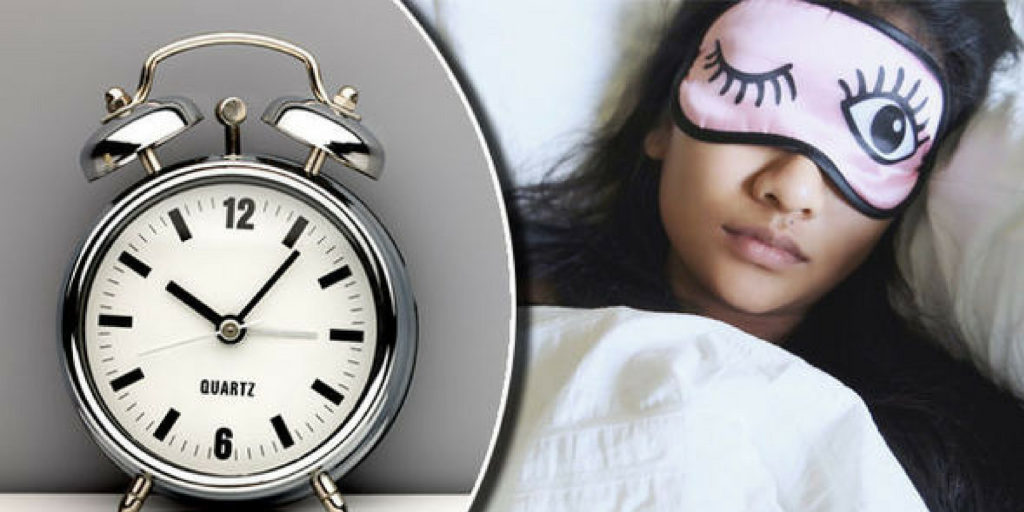How to Pinpoint Your Sleep Needs
You must ask yourself three key questions in order to figure out whether you're currently getting enough shut-eye to keep your body and mind functioning at its best.‘How Long Does It Take me to Fall Asleep?'
‘Do I Need the Alarm to Wake Me Up?’
If, nine times out of ten, you’re awake before your alarm, or if you’re up and down in the night (and it isn’t due to excess fluid intake, alcohol or coffee), your brain is probably trying to tell you it’s had enough and is ready to take on the challenges of the day. Of course, on the flip side, if waking up in morning is an unbelievable toil then it’s time to adjust your sleeping schedule to fit more in.‘How Do I Feel?’
It’s now highly recommended by several professional bodies that you keep a sleep diary. You can download an app for this or use good old fashion pen and paper. Write down when you went to bed and when you rose and how it made you feel during the day.
This can help pinpoint particular patterns and you can figure out why you were as peppy as a Christmas elf one day and why you were trying to keep your eyes open with matchsticks on another. Don’t ignore consistent feelings of lethargy, low moods or anxiety – this is probably your bodies way of telling you to hit the sack earlier. You may well find that you’re getting just the right amount of sleep, but on the other hand contributing factors to not getting enough sleep are commonly a newborn baby or uncomfortable sleeping arrangements. Whilst there may not be much we can do if you have a newborn baby (sorry!), we actually can help you if you're suffering from an uncomfortable mattress or bed.If you’re looking for some advice, don’t hesitate to contact us – we’re always happy to offer friendly, helpful advice.


